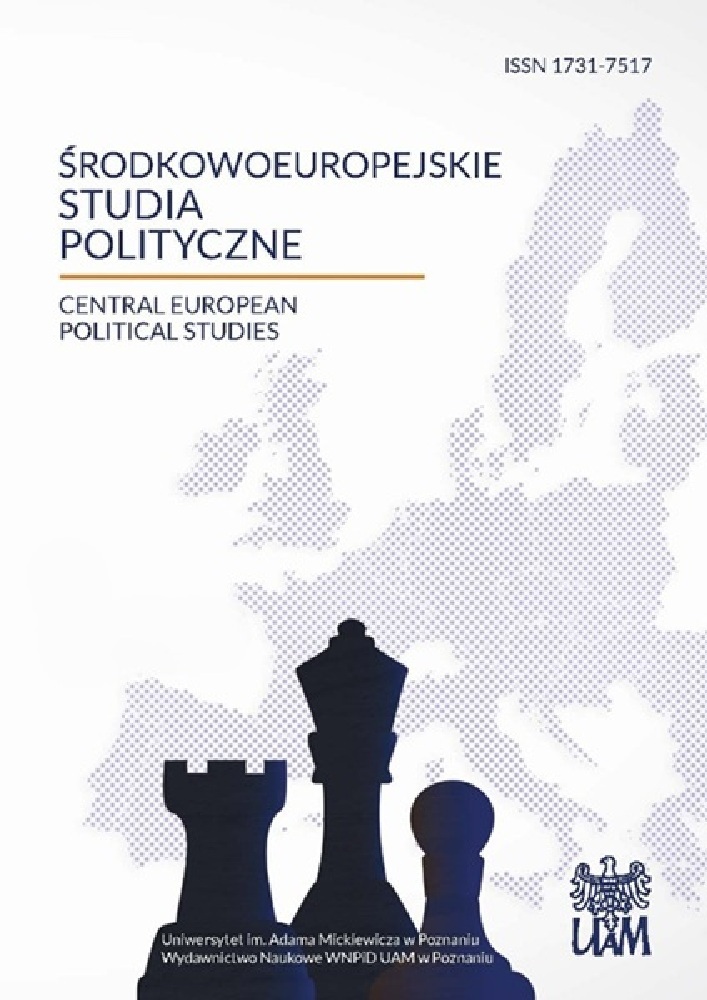Abstract
The results of opinion polls in Poland and in the EU show that unemployment is treated as the most significant social issue. The identification of the directions of correlations and their interrelations allows us to verify the hypothesis that such a determined outlook of public opinion should imply a strong correlation between unemployment rates and the results of parliamentary elections. The analysis takes into account selected contextual variables. As a result, the analysis of the strength of correlation and determination indicators is carried out using linear regression. Determination indicators allow indirect conclusions to be drawn on the level of influence exerted by the unemployment rate on the outcome of elections. The examined correlations are juxtaposed against the correlation of income levels and election results to indicate stronger relations between these variables and the results of elections than those that were the main subject of the analysis.License
Copyright
© 2012, Uniwersytet im. Adama Mickiewicza w Poznaniu, Wydawnictwo Naukowe Instytutu Nauk Politycznych i Dziennikarstwa
OPEN ACCESS
